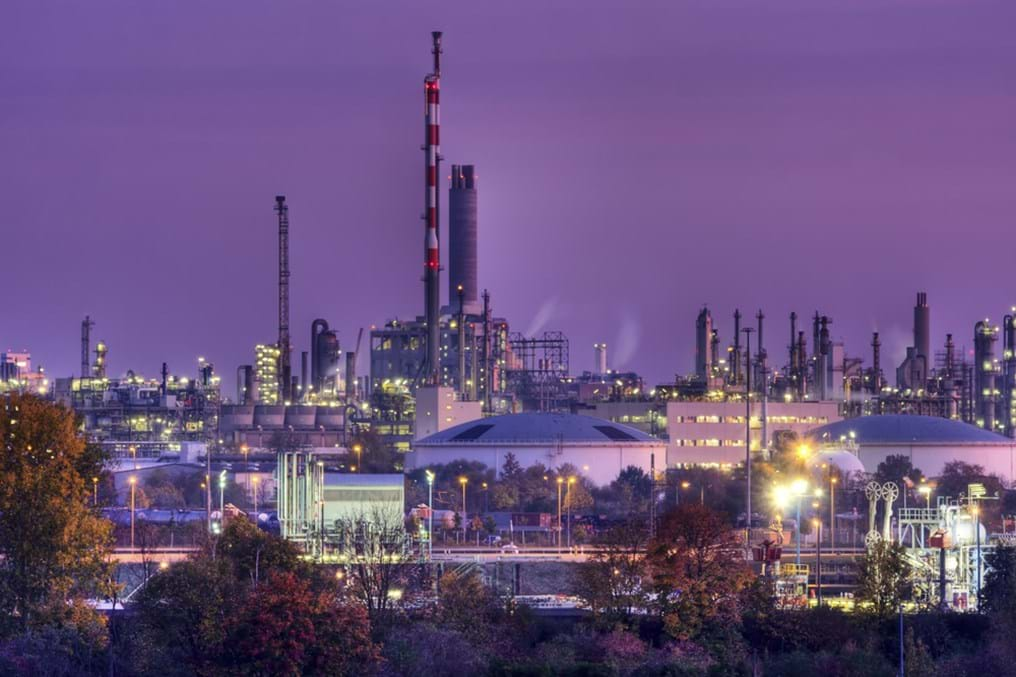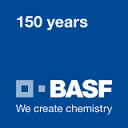Happy Birthday to a cracking champion of chemicals (Day 303)

26th March 2015
Most people who work in the chemical industry have had to deal with the sharp intake of breath and disapproving voice of someone saying “but chemicals are bad”.
But then we explain that 'chemicals' are all around us – the oxygen and water we need to survive; in the food we eat; the clothes were wear; even our bodies – are all made up of 'chemicals': see my blog 'Can you lead a chemical-free life?'.

Today, BASF produces agrochemicals, chemicals, plastics, high performance materials and catalysts. They are also involved in biotechnology as well as oil and gas exploration.
As part of their milestone celebrations, BASF has organised a series of activities during 2015. Forthcoming events tackle topics such as the sustainable food chain and urban living, but their first symposium in Ludwigshaven earlier this month addressed smart energy for a sustainable future. You can see a video from the event here:
Creating smart energy is incredibly important and relies upon the combined effort of chemistry and chemical engineering.
Topics discussed at the symposium included energy efficient processes, energy storage technologies, future transport and energy supply. The event brought together BASF researchers, academics and other industry representatives.
BASF is involved in many areas of energy efficiency as it strives to optimise its processes. One example of this is their development of the catalytic coatings for steam cracker furnace tubes.
The catalytically-assisted manufacture of olefins (ethylene and propylene), through CAMOL™ technology, involves heterogeneous catalysis which reduces ‘sooty’ deposits (coke).
The deposits in the cracking furnaces occur due to gas phase reactions and reactions on the metal surface. Their catalyst technology works to reduce both of these.
Reduction in these deposits can increase the amount of time that the process can operate before the need for de-coking (cleaning). Reduced fouling also decreases energy costs and CO2 emissions, while improving production yields.
The use of CAMOL technology has been trialed by Lyondell Basell at their LaPorte plant in Texas, US.
BASF is a top-tier global producer of ethylene – the chemical with the largest global production volume. They operate multiple crackers and have observed a ten-fold increase in operating run-time and a six per cent energy reduction per cracking furnace through this method – the equivalent of removing 230,000 cars from use.
It is expected that this technology will save Lyondell Chemical 2.7 BTUs per year (British Thermal Units – one BTU is equivalent to 1055 joules). This is enough energy to supply natural gas to over 37,000 US homes.
The first generation CAMOL technology is now available and development of second generation technology is ongoing. Early indications show that energy consumption could be reduced by up to two per cent and the operating lifetime of a furnace coil could increase from 3-7 to 6-12 years.
I wonder what developments we will celebrate over the next 150 years? Whatever they are, let's make sure that we take pride in the products and technologies that companies like BASF produce – products and technologies that improve quality of life for everyone.
Chemistry, chemicals and chemical engineering all matter and its companies like BASF who make it happen.
Happy Birthday!